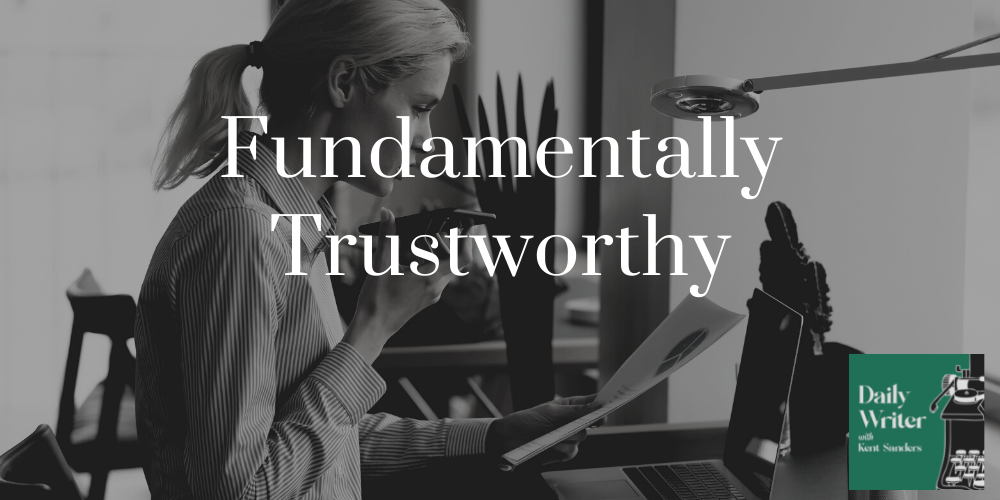Much has been written about the voice that lives in every writer’s head. We normally think and talk about these voices as a bad thing. And there is good reason for that. Many times, our past trauma or hurtful situations, or even our plain old bad decisions, crop back up to haunt us decade after decade. Those accusing voices are hard to put to rest.
So, it’s not a surprise that we think of that voice as untrustworthy. But if you listen as closely as you can, there is another voice. It’s the one that is telling you your work is important. It’s telling you to keep going and keep sharing. Sometimes, it also tells us our work isn’t very good, and it acts as a check against pride.
Anne Lamott cautions us with these words: “Take the attitude that what you are thinking and feeling is valuable stuff, and then be naive enough to get it all down on paper. But be careful: if your intuition says that your story sucks, make sure it really is your intuition and not your mother.”
So, does that mean our intuition, that voice inside our head that’s sometimes hard to hear, is trustworthy? Well, it’s certainly not foolproof, but if we have kept a level head, the voice more often than not is a guide.
Many artists see themselves as fundamentally untrustworthy people when it comes to judging the quality of their work. Yes, we have to pay attention to the market and our audience, but the first gauge of quality lives right between your ears. You must come to see yourself as a fundamentally trustworthy person, capable of making good creative decisions.
It doesn’t mean we’re perfect or that we never make mistakes. But it does mean that we must learn to trust the voice inside our head that’s trying to guide us to success.

